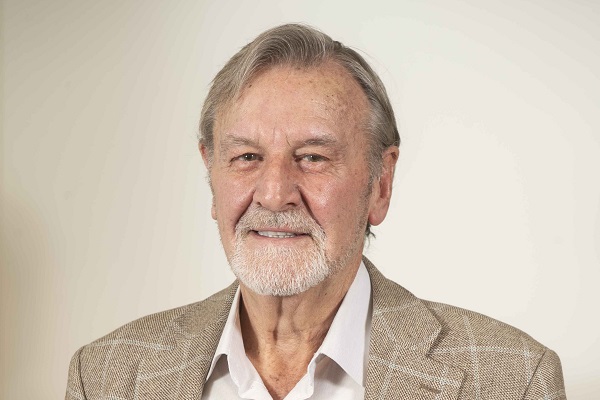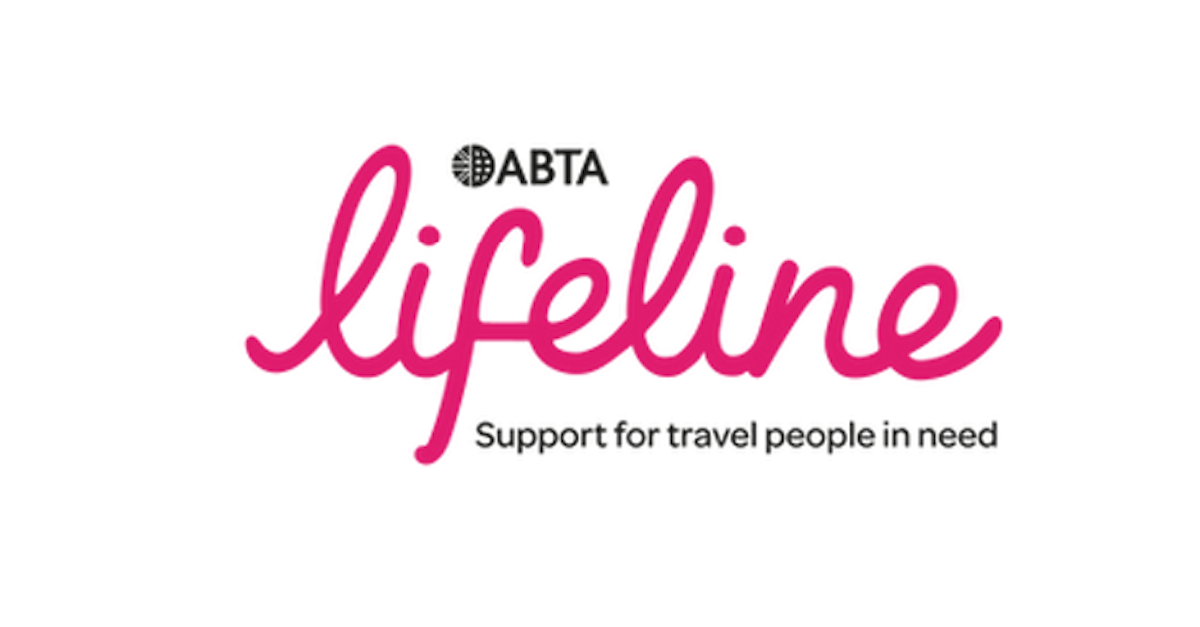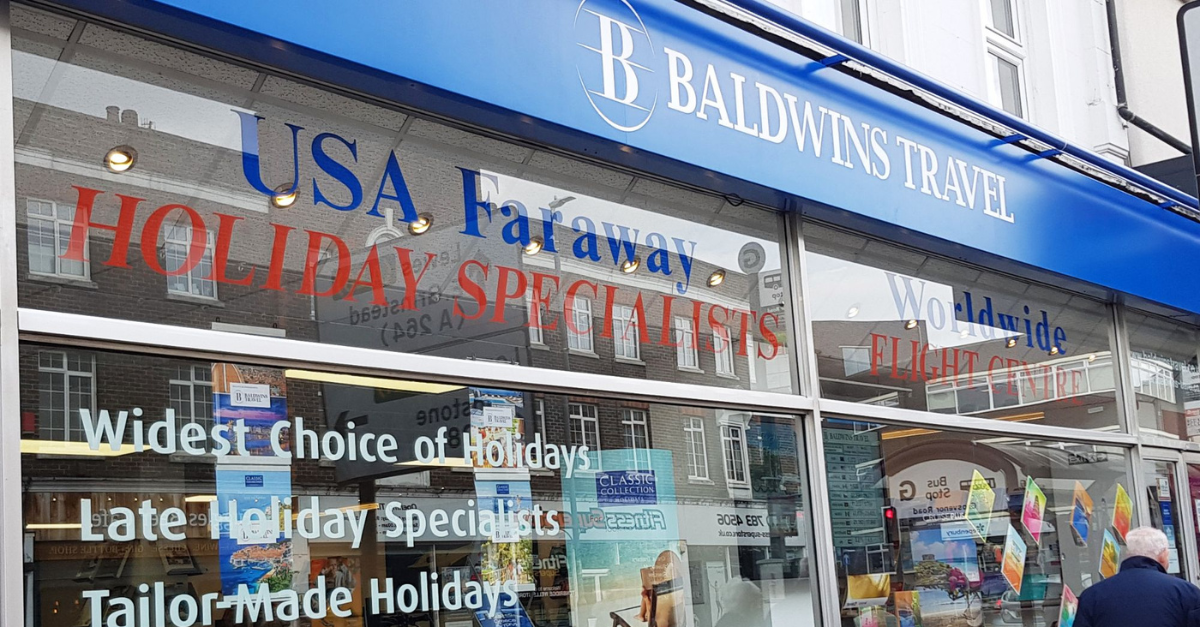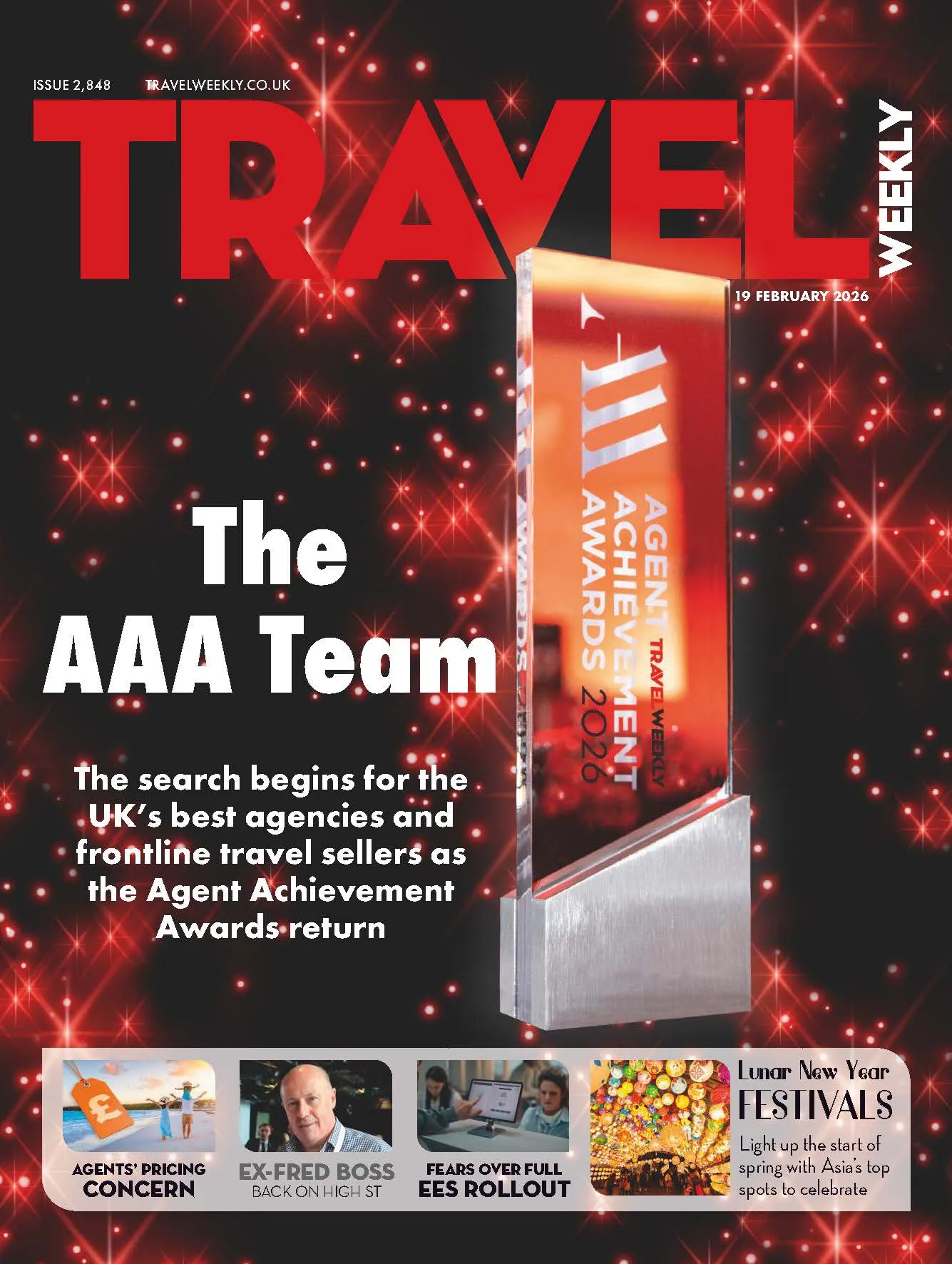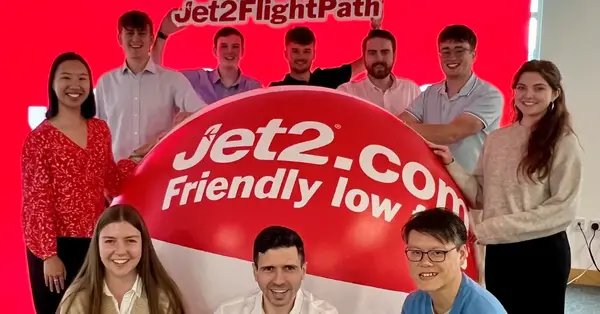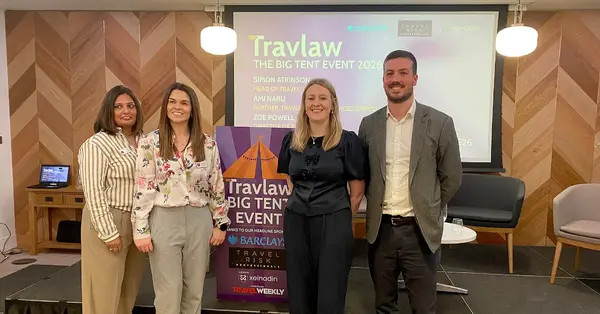You are viewing 2 of your 2 free articles
The Interview: Mike Gooley, Trailfinders
Agency's chairman and founder is on a mission to put trust(s) at the heart of holidaymakers' financial protection. Ian Taylor reports
Mike Gooley has built one of the best-known brands in UK travel, yet he is not well known. He does not address industry conferences. He seldom gives interviews. He is rarely quoted in the press.
His company, Trailfinders, is as defiantly unconventional as he is. It sells on the high street. Customers can't book online.
Gooley believes travel consultants, not digital algorithms, sell travel, and listening to customers, advising and helping them make better choices is what makes a Trailfinders trip.
Its customers seem to agree. Far from being a struggling high street retailer, Gooley's company is growing its £800 million-plus annual revenue profitably and opening new shops.
Consumer protection
Gooley has decided to give a rare interview because he is angry at the state of holidaymakers' financial protection and the failures, in his eyes, of the Civil Aviation Authority.
Companies continue to go bust and consumers lose money and holidays even when a business holds an Atol (as Omega Travel did) or claims to protect payments by some other means (as Lowcostholidays did).
Gooley says: "Omega had Atol, Atol, Atol everywhere. It was apparently selling flights at net cost and relying on GDS payments and overrides [to make money].”
Omega went into administration last November owing more than £20 million after the CAA withdrew its Atol and despite reporting turnover close to £300 million. Gooley sees the failure as a sign the Atol scheme is inadequately policed by the CAA.
Lowcostholidays went bust in July 2016 owing £65 million after moving to Palma in 2013 to escape the Atol regulations. It had 227,000 passengers booked or on holiday at the time but was bonded in Palma for just €1.2 million.
The biggest recent failure, of Monarch in October 2017, saw the government order the CAA to repatriate 85,000 passengers, many of whom were not Atol-protected, and set up an Airline Insolvency Review "to consider repatriation and refund protection”. (Business, page 96)
Gooley says: "Lowcostholidays had a bond that bore no relation to the amount of business it did. That is what we mean by policing.”
Rule changes
To be fair to the CAA, EU rules left it powerless to prevent Lowcost relocating and it warned of the consequences. But Gooley's point remains valid. Failures "are not just about money; you are talking about terrible emotional damage”, he says. "It should be abundantly clear to someone when they are not getting Atol protection.”
He adds: "It does not say ‘make sure you book on a credit card'.” Yet ‘contact your credit card issuer' is the CAA's standard advice to consumers when an Atol-holder fails.
Gooley argues: "The CAA keeps chopping and changing the rules [and] so much of the advice [on customers' protection] is unnecessarily complicated. Trailfinders makes a promise and we just pay out. We make a pledge and stand by it. It's why we have such a good name.”
He notes: "I've met some crooks in this business. It's so easy to take money off people on the promise of something and then disappear.”
Yet he is not chiefly concerned about crooks. What bothers him is businesses using customers' payments as working capital.
"People pay in the belief it is for specific travel arrangements,” he says. "Companies should not be using money for holidays to pay salaries. If a business relies on that they are close to the edge. It's immoral.”
He calls it "misappropriation” and wants it stopped by trust arrangements being made mandatory for the sector, saying: "With trust accounts, the money is all there. Ringfencing pipeline monies would address so much of the problem.”
Business model
It is the model that Trailfinders, which was founded in 1970, has followed since 1993. Gooley explains: "We set up a trust account out of our own volition. It was the right thing to do. We pay our suppliers out of the office account and reimburse the account when we take our commission. We may take a booking 14 months in advance. That money goes into the trust account and we won't see a return for 14 months.”
The company delays taking the money "until the client is back from their holiday”. Gooley says: "That makes a difference of £70 million a month in cashflow.
"We are a profitable organisation. What makes us successful is our integrity, our care and protection of our clients. I didn't set out to have high standards to prosper, but I wasn't comfortable unless we operated in that way. That is the driving force.
"Take the drone activity at Gatwick. We don't go to a client and say ‘Contact your credit card company' about compensation.
"Why aren't there trust accounts? The arguments against range from flimsy to defending a rather dodgy way of operating.” He insists: "The only resistance, the only objection to moving to trust accounts is from underfinanced organisations.”
Trust accounts
Trailfinders joined the Travel Trust Association last September – and left Abta. "It was the only way the CAA would agree to recognise the Trailfinders trust account of 25 years.”
Now he proposes the CAA makes trust arrangements compulsory. He says: "They have said some operators could not function without treating pipeline funds as their [own] and [some] rely on this cashflow.”
Gooley accepts an overnight transition to trusts, where all payments go into a fund until a customer takes their holiday, would be impractical, but suggests "staging it”, arguing: "We could have a transition period with a £5 Atol Protection Contribution to encourage [compliance] and to ensure everybody's operation is properly capitalised.”
He says: "Maybe we need another word – ‘ringfencing'. It's about not exposing people's money to undue risk. The way the industry works now, there is far too much risk of people's money.”
He describes his demand as "our crusade” and says: "We should have done it some while ago. I don't have much time left to influence events.”
For now, the CAA does not share his view. Yet Gooley is undeterred and confident he can still make a difference. He says: "I would put money on the fact that there will not be much travel sold without a trust account in a year or two.”
Gooley's views
On Atol… "We've paid APC [Atol Protection Contributions] of £5 million – for what? To fund failures by irresponsible [businesses]. People who manage their affairs properly have to pay out for the sins of others.”
On the CAA allowing cut-rate APCs… "There were nine companies paying a cut-rate APC. It was covert. The good news is two of them have gone bust.”
On honesty in travel… "The industry is fairly honest, but there are a lot of bright people in it and they find ways to exploit whatever they can.”
On failures… "If you look at the big collapses, there is a commonality to them – there is a tour operator with an airline. Companies start by selling packages, then hiring transportation and decide to have their own airline.”
On the Airline Insolvency Review… "We met [chairman] Peter Buck and raised the subject of trust accounts. He said he could see the value, [but] it is not in his remit. We pointed out it was, because First Aviation, Monarch's seat-only operator, was intrinsic to the failure.”
On his plans now… "I have been a bit too deferential. We [at Trailfinders] are more forceful in putting across our point of view.”
More: Trailfinders quits Abta to join Travel Trust Association
Comment: Atol scheme is ‘impotent'
Trailfinders posts ‘record-breaking' results
‘We believe in bricks and mortar': Tony Russell on why Trailfinders rejects social media [2011]

